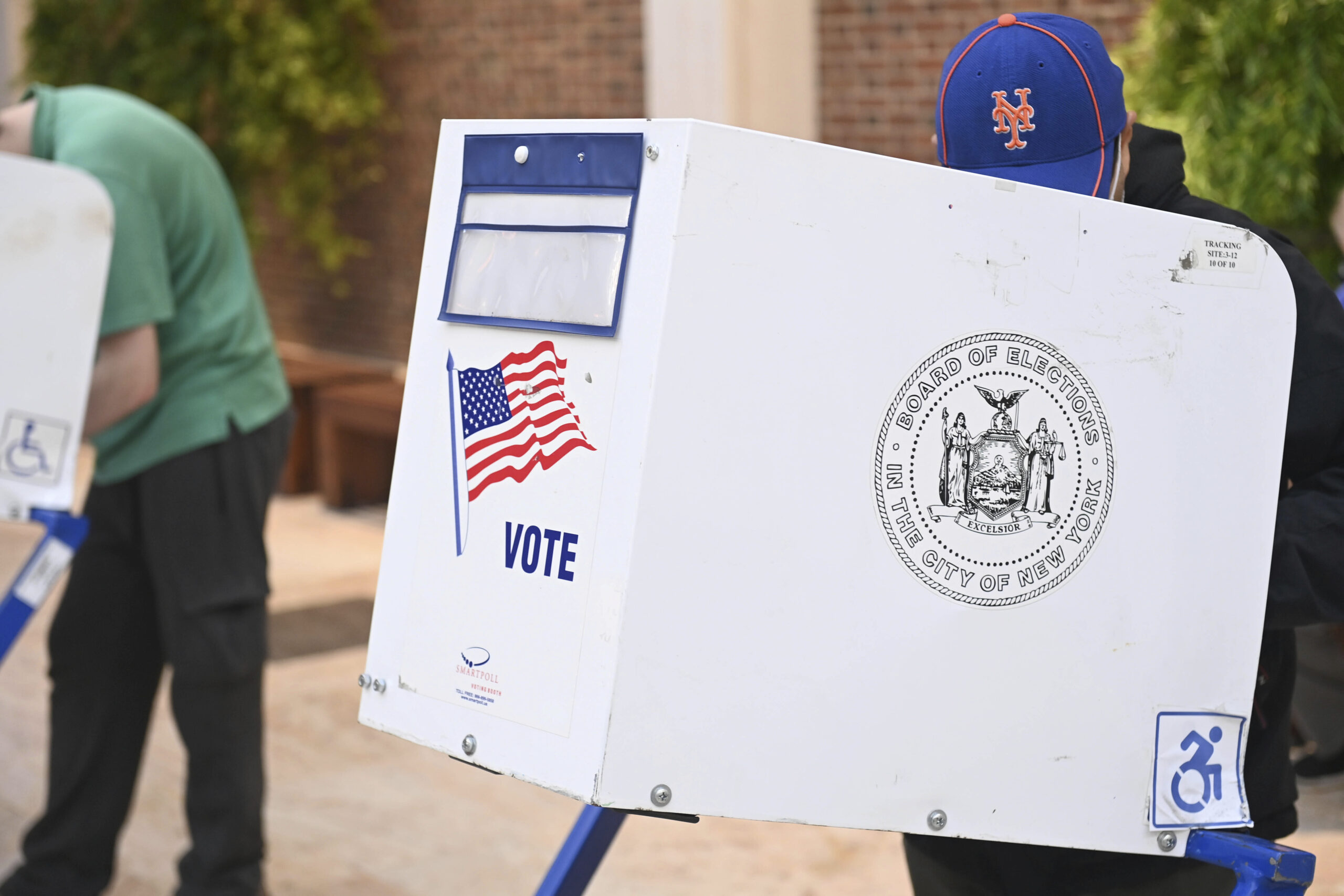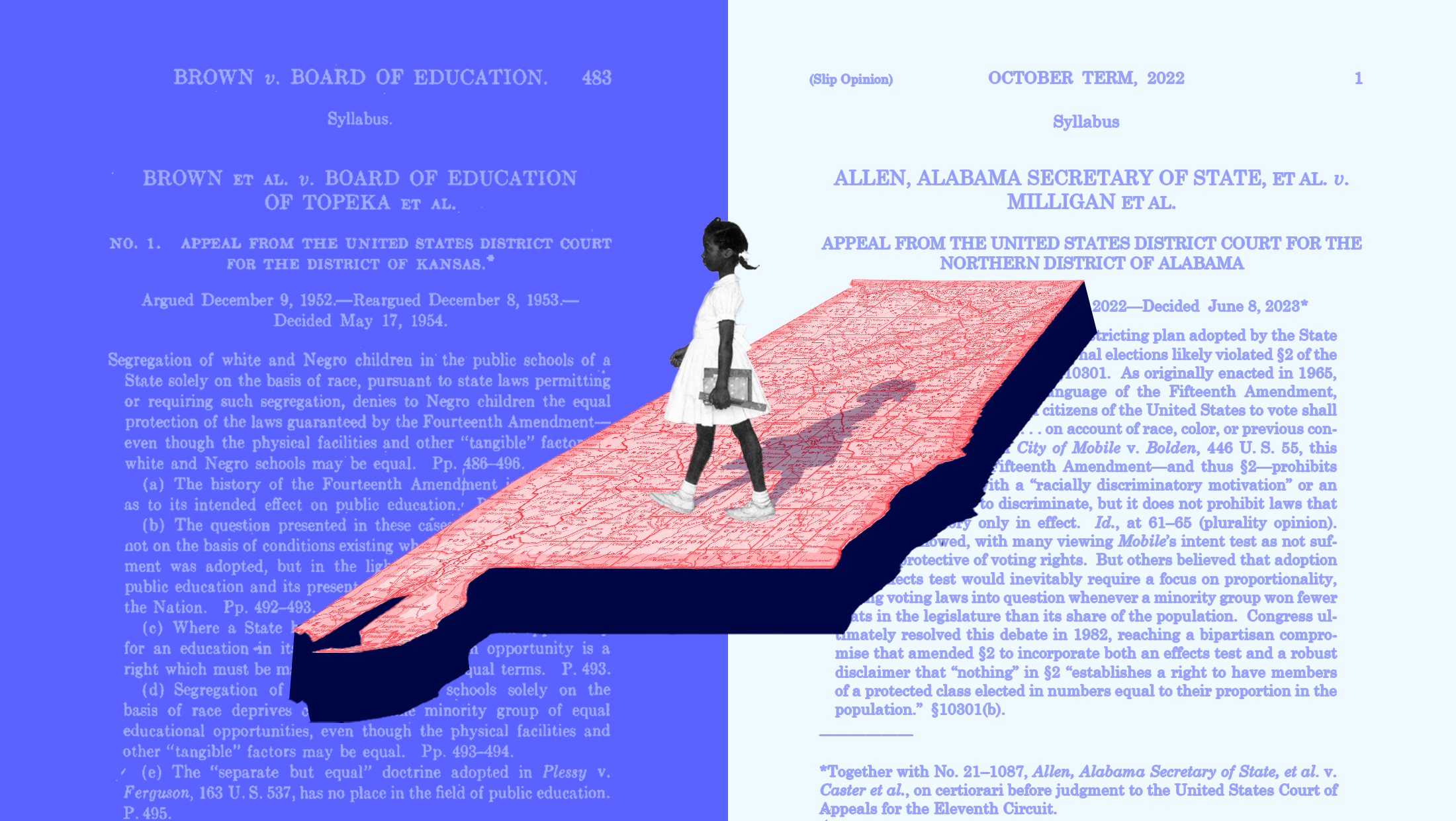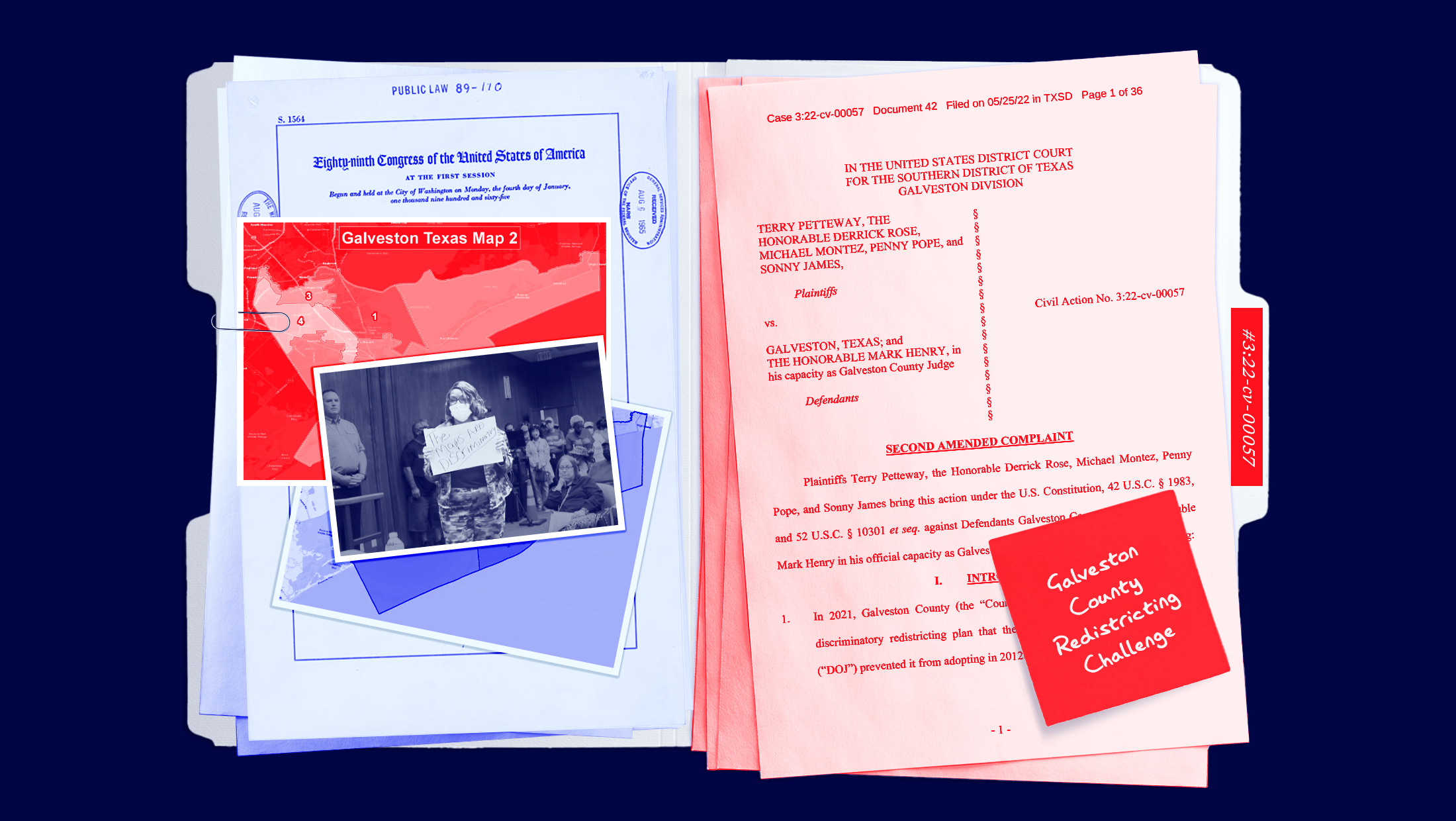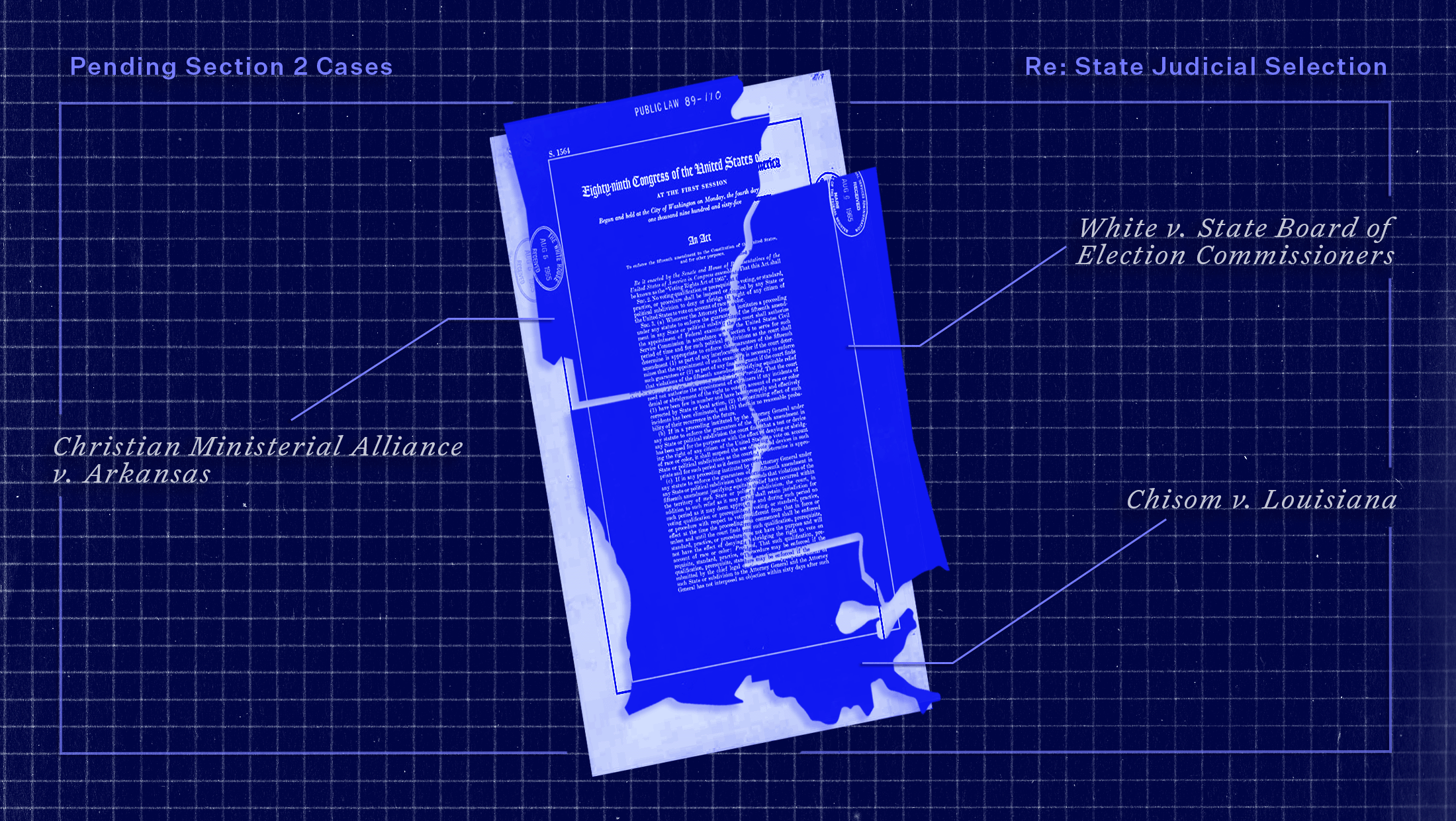As New York Makes Long-Awaited Election Improvements, Republicans Fight Back
Last month, New York Democrats put their trifecta to work when Gov. Kathy Hochul (D) signed a slate of 10 voting laws aimed at improving the state’s outdated election rules, but the much-needed improvements didn’t go unnoticed, especially by the GOP.









